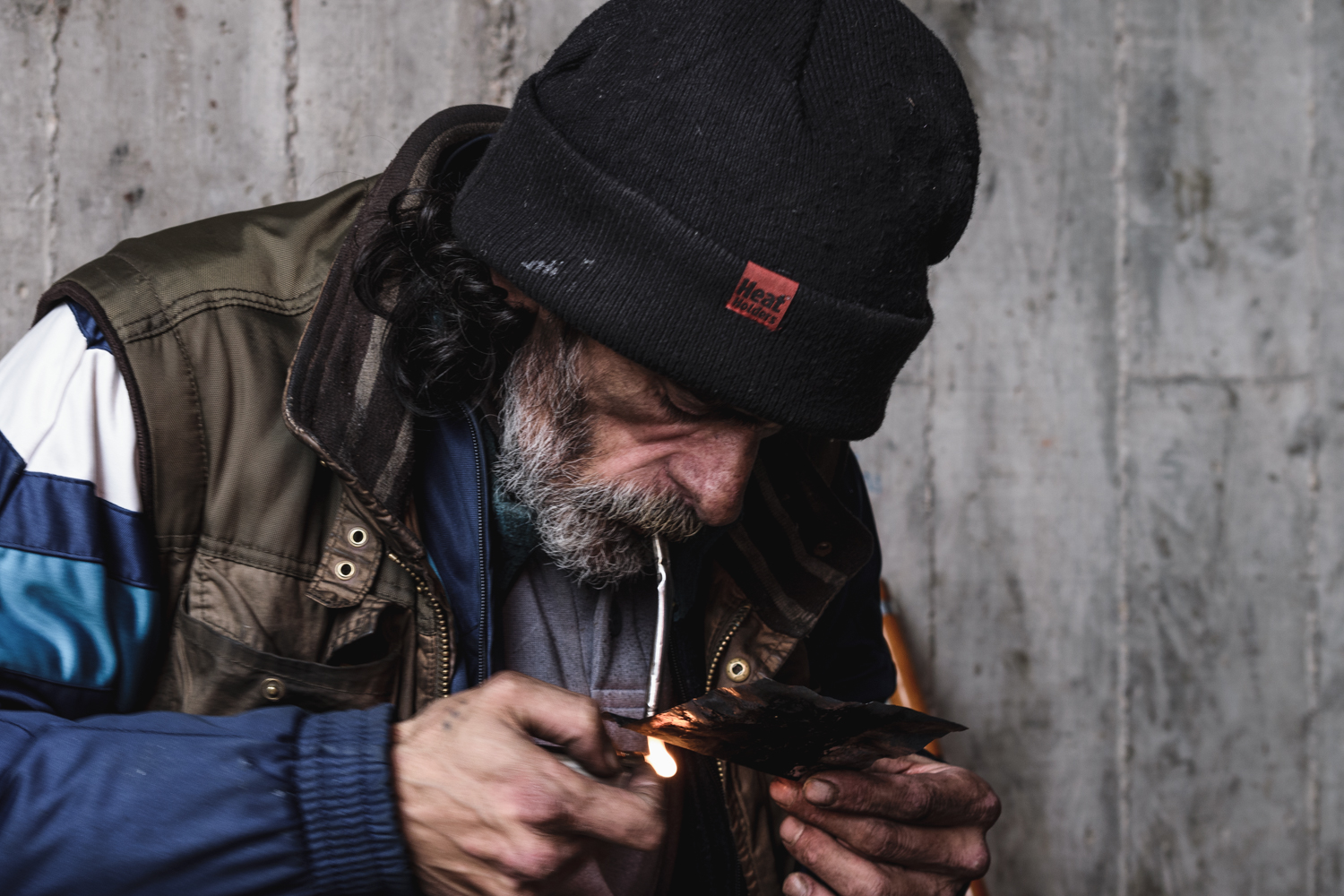In 2001 Portugal decided to deal with its endemic narcotics problem in a novel manner; By decriminalizing all narcotics and instead choosing to focus on harm reduction efforts they were able to drastically reduce the negative effects normally associated with drug abuse within the country.

Shifting away from treating drug users as criminals and putting the vast majority of their resources towards programs that provide alternatives in order to help addicts to stay safe and get clean, things like the violence and exploitation that normally go hand and hand with drugs have been limited.

Although drugs are still illegal, the offense is no longer criminal and is now administrative, pushing users towards options to help get clean. Methadone and Suboxone -drugs used to replace heroin in such a way that users are able to function in society- is provided by the government free of charge.

Discarded drug paraphernalia is found haloing these areas. Needles are usually either kept by the users to be turned into Creser’s outreach program, or after being used, the addicts will break the points off to prevent people from getting pricked accidently.
In addition there are 73 specialized treatment facilities, 14 detoxification units, 70 public outpatient facilities and 13 accredited day centres spread throughout Portugal’s 18 districts. This is in combinations with programs for after-care and social reintegration, designed to help drug users stay clean and develop the life skills necessary to thrive.
CH Gardiner spent a few days in late February with the Portuguese NGO Crescer as they conducted Harm Reduction outreach in Lisbon. They are on the forefront of providing avenues of escape for those involved with some of the heavier drugs like Heroin and Crack Cocaine. They provide kits with clean needles and other necessary equipment to reduce the transmission of HIV, as well as counseling to help get people off the streets and into treatment.

They are often dealing with those that are in the worst possible situations, trapped by their addictions and without a support network. Recently Crescer has started an initiative called É Uma Casa with the goal to provide regular housing for those on the streets, without the strings attached that normally keep those that are most vulnerable away.
About the author:
CH Gardiner was born in 1987 in Canada. He lives and works in Brazil as a Documentary Journalist focusing primarily on Security and Social issues. He has been published in the Rio Times.









